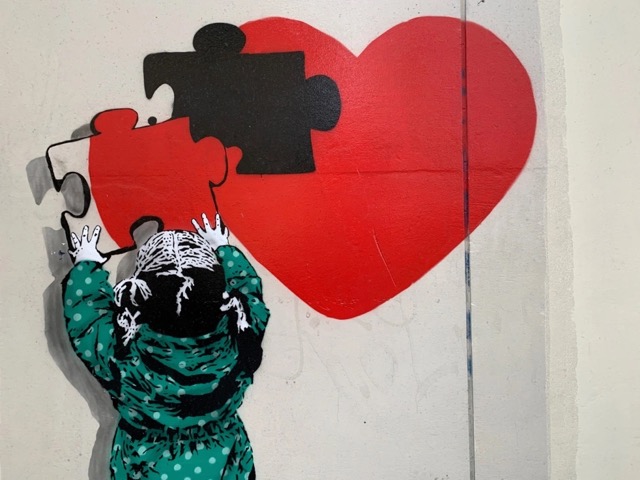She will bear a son, and you are to name him Jesus, for he will save his people from their sins.
Matthew 1:21
Dear members and friends,
Humans are imaginative and creative beings. Thus, we have created stories throughout history. In fact, when a human being experiences something, we create a story in our mind using our creative and imaginative ability. In a way, everything we remember in our mind is a big story composed of many smaller stories that we have been writing since we were born. The interesting fact is that each of us needs a language to conceptualize and materialize our feelings, perceptions, and experiences. And, each language has its own unique tradition, history, and even characteristics. Therefore, when one story is translated into a different language, the challenge is not just about the difference in the language, but the entirety of what makes one language unique and useful to a group of people in articulating their thoughts. When we review the Bible, especially the Gospels, the spoken language was Aramaic, but the oral stories were first written in Greek. Then, it was translated into Latin. Much later, it was translated into nearly 1,600 languages including English. Nowadays, how could one claim that “I have the most authentic version of the story of Jesu?”
In Matthew 1:21, an angel of the Lord spoke to Joseph this prophecy, “She will bear a son, and you are to name him Jesus, for he will save his people from their sins.” For the past 2,000 years, people wrote many stories, theories, and theologies regarding the mission of Jesus Christ, especially around the two key words: “save” and “sins.” The traditional take on these words has been that “sins” meant the original sin, which was incurred due to the disobedience of Adam and Eve, and “save” meant removing the original sin, which would automatically enable human spirits to enter heaven. However, when we review these words in Greek, the first written language of the Gospels, “sin” means no more than “missing the mark,” and “save” means “to rescue, heal or be made whole.” Consequently, the reasonable understanding of “saving from their sins” in Greek means “to be made whole again from the misery of their own mistakes.” To me, this fits much more with the belief in God, who is unchanging love itself.
My brothers and sisters in God, let us take a moment of meditation this week. Let us invite the concept of love into the deepest part of our heart, and ask, “Coud true love coexist with hatred?” May the answer come to your heart with illumination and blessing.
Blessings, Rev. Junchol Lee

